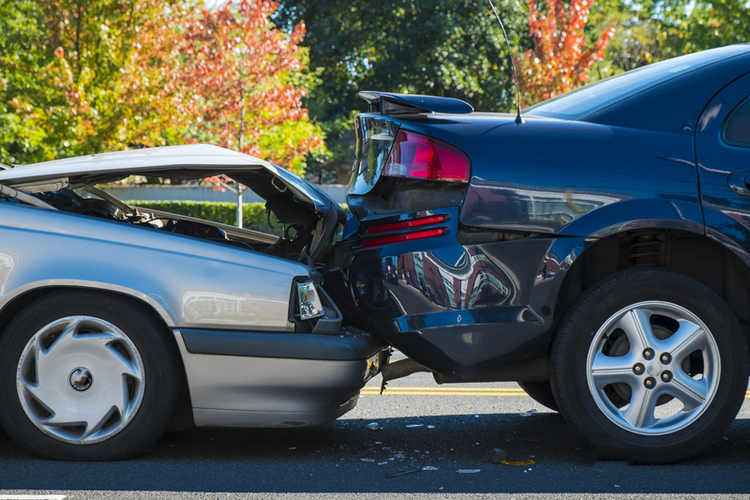
Ever wondered what are the consequences if someone has an accident while driving your car? Read on!
What seems like a simple enough question actually has a few different answers as well as some potential consequences to know about as well.
Generally, your insurance will only cover an accident that someone else caused in your car if that person was already included on your insurance policy, or if you gave them explicit permission to drive.
So what does that actually mean?
If you give permission to someone else to drive your car (making them a permissive driver) and they cause an accident, your insurance will cover the costs. That’s because yours will be the primary insurance, whether or not you were in the car with them at the time. To put it more simply, car insurance usually follows the car, not the driver .
Just like if you were the one driving, your collision coverage would pay for damages to your own car, and your liability coverage would cover damage the permissive driver did to someone else’s vehicle or person.
This is where things can get complicated. Because if the damage to others that the permissive driver caused in the accident exceeds your limits, the permissive driver may have to involve their own auto insurance provider, and their liability insurance may help cover the costs. If the person who was driving your car doesn’t have their own insurance, they may be on the hook financially for damages to the other party. Lastly, the person driving your car may have his/her own policy subrogated against.
Keeping it all in the family.
Unless your spouse or any other household members are specifically excluded from your policy, they’re probably already on it with you. Most insurance companies require all drivers in a household to be listed on a policy. And anyone named on your policy gets the same coverage you do when you’re driving, so if your spouse or someone else who shares the policy with you causes an accident, your insurance will cover it.
If, by chance, you’ve got a high risk driver in your family who has had a few prior incidents, you may have made the decision to make them an excluded driver on your policy to try and save on your rates. If so, you would be wise to not let them drive your vehicle – because if they do have an accident while driving your car, he or she won’t be covered.
Permission is key with claims.
If a friend or family member borrows your car without your permission — and you can prove it, which is sometimes difficult — then they are liable for the damage they caused. Keep in mind that if your friend borrowed your car without your permission and doesn’t have their own car insurance policy, you may still have to file a claim with your insurance to cover the cost of any damage he or she caused.
What if your teenage child causes an accident in your car?
If your teenage child has a license they should be added as a listed driver on your policy, which means they’ll be covered if they get into an accident while driving your car. A teenage driver with a permit will generally be covered by your insurance while they’re learning to drive even if they’re not officially listed on your policy.
What about rate increases after an accident involving your car?
That may happen whether it’s you or someone else driving your car. If you’re particularly worried about accidents, you can look into adding accident forgiveness to your policy. Accident forgiveness is a feature that some providers offer that can help keep your rates from going up after an accident. It’s usually offered as an add-on to your normal plan, sometimes only to drivers who’ve had a certain number of years of accident-free driving. There are also some ways to lower your rates again if they’ve gone up after a claim, including:
· Bundling your home and auto insurance
· Taking advantage of available car insurance discounts
· Changing your coverage limits or deductibles
So try to avoid lending out your car to anyone who isn’t included on your policy – but if you do, make sure they’re aware that if they’re involved in an accident, they might be liable for the damage they cause.
